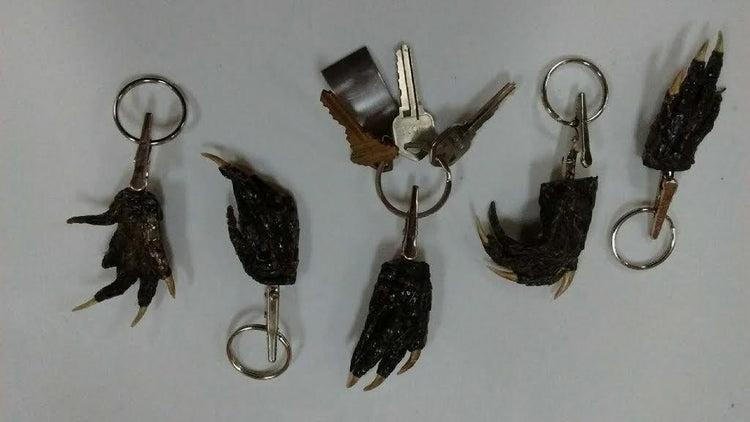Louisiana Alligator Foot Claw with Alligator Clip and Key Ring
- Regular price
-
$16.00 - Sale price
-
$16.00
-
Hurry, only 8 items left in stock!
Couldn't load pickup availability






